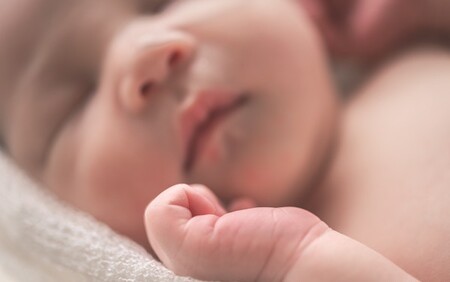A world-first study into the use of a tiny device to monitor womb environment
Professor Ying Cheong is leading a world-first study into the use of a tiny device to monitor womb environment that could help infertile couples conceive naturally.
This study involves 30 patients and is being carried out at Complete Fertility Centre Southampton.
The device, the size of a 5p piece, could help clinicians compare the range of levels of oxygen, pH and temperature levels inside the womb of women who have conceived naturally with patients from fertility and miscarriage clinics.
Prof Cheong said the technology could lead to “big changes” in fertility care worldwide.
“We want to get to the stage where we know what a healthy womb environment looks like and to make measuring levels inside the womb as simple as taking a blood pressure reading,” she said.
“If we can prove this device works successfully and is comfortable and safe, then we have the chance to make big changes to fertility care across the NHS and internationally and help to give many more women the best chance of conceiving.”
Read more:
Daily Mail: Thousands of couples could be spared gruelling IVF with new 5p-sized device that spots infertility before any unnecessary treatment
ITV News: Tiny implant could help infertile couples
Independent: Device size of a 5p coin could help infertile couples conceive naturally

